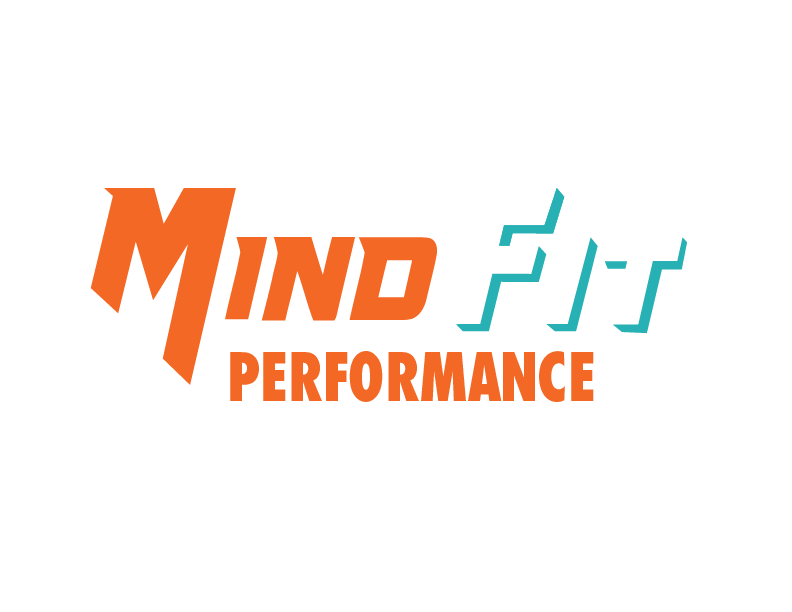Hunt for the Good Stuff
It is an unfortunate part of human nature (in my opinion) that we tend to focus on the negative things first. The mistakes we made, the mess ups, the things we said that aren’t sitting well - we sometimes dwell on those things and let them linger. I’ve done this many times, and I can honestly say that very little benefit came from dwelling on them.
I see examples of this all the time in sports. I was recently watching a Sunday Night Football game and in overtime, a receiver dropped what could have been a game winning touchdown. He already had a stellar receiving night, going something like 9/10. The commentators spent several minutes talking about how that drop would be something the receiver would dwell on for a long time, even though he had such a great night prior to that play. As a mental performance consultant, it was a moment that stood out to me, and is so relatable! We might have one of the best performances of our career, but one mistake looms larger than anything else.
I see this a lot in youth sports, and I lived it myself as an athlete. I would walk off the field frustrated by the passes I missed, the throws I messed up, or the strike outs I had that day. In most cases, what I did well far outweighed what I didn’t, yet I was hyper focused on the things I felt didn’t go my way that day.
What I also see in youth sports is that coaches and parents/guardians can sometimes have this same focus. I work with a lot of youth clients, and I find that for most of them, one of their main motivators is the praise they get from outside sources. They want to perform well so they are given positive feedback by their coaches and parents/guardians. While this is not true for all, it is very common.
What I tell my clients, as well as their parents/guardians and coaches, is to hunt for the good - not just in sports, but in life as well. As a parent myself, I understand how taxing raising little ones can be, and how sometimes it can be hard to know what to say or how to say it. But if we can remind ourselves to hunt for the good stuff, the other stuff doesn’t seem so heavy.
When you're watching your child perform, pay close attention to what you see them doing well. When they’re at home, praise them in moments when they are being helpful and kind. In other words, catch them being good! Try to bring as much attention to these things as the other things, if not more. This can go a long way in the development of their self-esteem and how they view themselves in the world. Speaking from my own experience, I didn’t need my parents/guardians or even my coaches to tell me what I didn’t do well that day (age dependent). I already knew and was devastated by it! The more we engage with the negative, the more power we give it. What I really needed from my support crew was for them to help me process my feelings, and if I was ready, help me target ways to improve.
One way to foster this mentality is to adopt an attitude of gratitude. Instead of focusing on what you and/or your little one can do better, focus on how grateful you are to be able to watch them play or how grateful you are to see them participating in something they love.
When we feel grateful, it’s hard to feel fearful. When we’re grateful, our perspective about mistakes, mess ups, and negatives carries much lighter weight than it does without gratitude. We know that mistakes and mess ups will happen; they’re an important part of life! But when we’re grateful for what we do and what we have, we can learn to be grateful for opportunities to learn, grow, and improve.
If you tend to go to a negative space first, try to think of the process going something like this:
Yes, we will make mistakes, and yes, there will be times when we dwell on those things. If you can practice working through the negative feelings to get to a more neutral headspace, then add in gratitude, you are on your way to finding the positives!
If I had the opportunity to talk to the NFL player I mentioned above, I’d say this, “Yes, you dropped that pass, and yes, that is frustrating. While that may be true, your effort was outstanding, and you will have more opportunities to do what you. This one drop does not define you!”.
Remember, this process takes practice, and it’s not always going to be sunshine and rainbows. But if we (as adults) can model this behavior for our youth - hunting for the good stuff and being grateful - we can help them have a healthier relationship with their performance.
Reach out to learn more and to get started!

